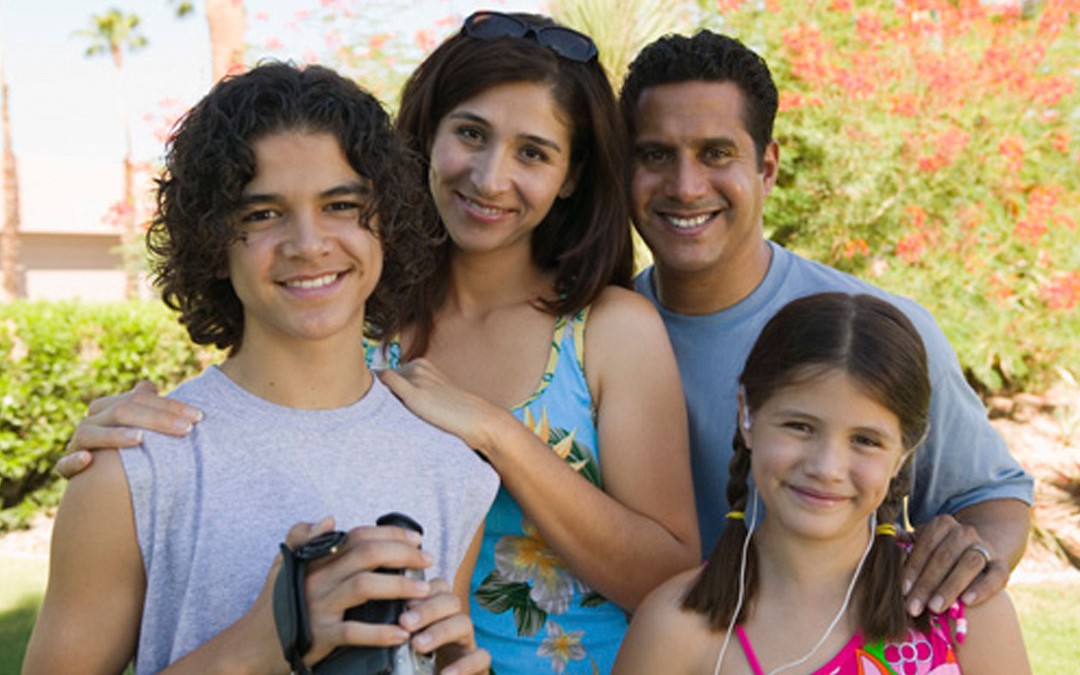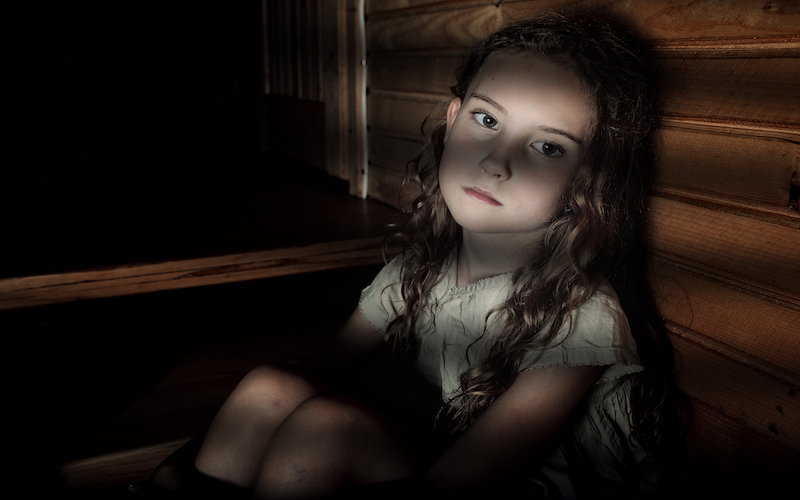
by Zaynab Khan, PsyD | Jul 13, 2022 | Clinical Corner
As a therapist, I value working with clients of all different backgrounds. In fact, it is one of the best parts of my job as I meet someone and learn something new every day. The philosophy I find most helpful in working with clients is cultural humility. This is defined as the ability to have an accurate perception of our own cultural values as well as maintaining a client-oriented perspective that involves respect, lack of superiority, and attunement [1]. This stance takes away the pressure that “cultural competence” places on us as therapists to know everything (which of course is impossible).
Cultural humility is also a perfect starting point for working with Muslim clients for several reasons. Muslims have been in the news a lot lately. Unfortunately, the coverage is usually negatively skewed, which has influenced perceptions of Muslims in the United States [2]. This may also impact how therapists view Muslim clients who walk into their offices. Given that all of us are affected by implicit bias, it is critical for us to examine our biases, including how Islamophobia impacts the way we treat Muslim clients.
With a culturally humble stance, we as therapists are open to learning more about each Muslim client’s unique experiences as we monitor and challenge our stereotypes.
Continue Reading

by Audrey Davidheiser, PhD | Jun 29, 2022 | Clinical Corner
Have you heard about Internal Family Systems (IFS)? No need to cringe if the answer’s a solid no. Until a daylong Continuing Education training on the topic shook my internal—and later external—world, I had no clue about it myself. IFS views our internal world as consisting of multiple parts (think subpersonalities). Because every person has these parts, we can hold polar opposite views at the same time. For instance, you can be a gregarious extrovert while also feeling as though people are a nuisance. That’s because while a part of you loves to hobnob with people, another part might feel repulsed by their noise and needs.
Continue Reading

by Dana Leigh Formon, PhD | Jun 1, 2022 | Clinical Corner
When you think of forensic psychology, what comes to mind? Criminal Minds? Silence of the Lambs? Broadly, forensic psychology is any time where psychology intersects with the law. However, forensic work needn’t be limited to psychology; there is forensic social work, forensic psychiatry, forensic accounting, and more. Here are four reasons why incorporating forensic experience into your mental health training will ultimately make you a stronger clinician in the long run.
Continue Reading

by Elizabeth McCorvey, LCSW | May 18, 2022 | Clinical Corner
I wrote STOP HESITATING in 2020 as a way to do my part in unraveling the threads of White supremacy and systemic oppression. It needed an update, as the world continues to change and my expectations of mental health therapists continue to rise. The need for culturally informed mental health care is urgent.
Continue Reading

by Thomas Lindquist, PsyD, ATR | May 5, 2022 | Clinical Corner
Each year I sit down with trainees to review our goals for supervision and collaborate around areas of growth. For many, learning about psychodynamic psychotherapy is often at the top of the list.
This post discusses different dimensions of psychodynamic therapy that present-day practitioners think about when they work with their patients and provides practical questions to aid in addressing these dimensions in practice.
Continue Reading

by Elise Joy Middleton, PsyD, MACL | Mar 23, 2022 | Clinical Corner
The millennial generation, born roughly between 1980 and 2000, is a generation categorized by the digital age. An overwhelming majority owns a computer, a smartphone and uses the internet daily. Coined “digital natives,” millennials are a generation raised on using social media as a primary way to communicate and express oneself. This is the generation that is now entering into the field of psychotherapy.
The social media obsession has significant implications for this generation of psychologists, both relationally and professionally. We are entering into the field with a perspective of the world much different than our predecessors. We deal with public exposure in a way that has not yet been faced. There can be some harmful consequences of our lives being so public. As we enter into this field, we must be thoughtful about our social media use and the implications it has for both our work as therapists and in our personal lives.
Continue Reading

by Phillip Lowe, PsyD | Mar 9, 2022 | Clinical Corner
By the year 2030, one in five Americans will be 65 years or older. The demographic of those aged 80 and older is growing faster than any other age group [1]. There is also a prevailing stereotype of older adults as dependent, depressed, and possibly demented [1].
Taking into consideration this stereotype of the aging population, is there a case to address their mental wellness in addition to the population’s huge demand for basic medical services?
Continue Reading

by Macy Wilson, PsyD | Feb 9, 2022 | Clinical Corner
I remember being in grade school and hearing the age-old cliché “Big boys don’t cry” whenever a male peer began to show he was upset about something.
At the time, I didn’t think twice about it, and I’m sure there were moments when I repeated those very words, not realizing the harm I was doing. Regardless of intention, I now see that these types of subtle messages convey a normative stance of stoicism, invulnerability, and detachment that contribute to toxic ideals of masculinity.
Continue Reading

by Carmen Román, PhD | Dec 15, 2021 | Clinical Corner
(Please access full text for link to article in Spanish.)
The number of Mexican immigrants is growing rapidly in the United States. While culturally sensitive psychological services may be a luxury in United States clinics, they are a necessity in places where Spanish-speaking people live.
Unfortunately, the number of Latinx and/or Spanish-speaking therapists is below the minimum needed. Thus, even if you do not speak Spanish, the odds are considerable that a Spanish-speaking Latin American will cross your path.
In this series, I will cover some issues that may help you in being more culturally appropriate regarding Latin Americans, especially those from Mexico. I will first explore the term familismo, a value that refers to the development of close ties within the immediate and extended family of many Mexicans.
Continue Reading

by Danijela Maras | Nov 3, 2021 | Clinical Corner
Growing up in a home with physical abuse, emotional neglect, mental illness, alcohol use, or drug use are some examples of childhood adversities. The seminal work of Dr. Vincent Felitti and colleagues asked over 17,000 adults to answer questions about adverse childhood experiences — or ACEs — and current health [1]. Results were shocking: More ACEs led to poorer health in adulthood and early death.
It is important to understand that ACEs do not directly cause poor outcomes; there are likely many mediating mechanisms such as maladaptive coping, unhealthy interpersonal relationships, negative health behaviors, dysfunctional thinking styles, and insecure attachments that contribute to these outcomes. In addition to prevention efforts, these are all potential areas that therapists can intervene to mitigate the long-term effects of adversity.
Continue Reading










